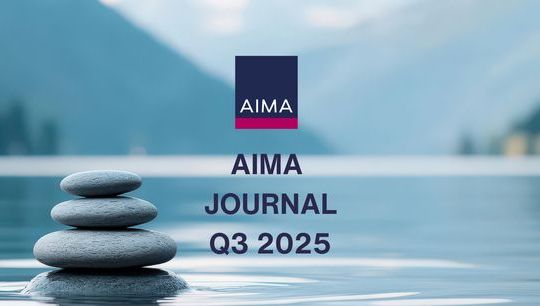CEO Blog: Reports of the hedge fund industry's decline should be taken with a pinch of salt
By Jack Inglis, CEO, AIMA
Published: 21 April 2016
Today's reports of hedge fund redemptions totalling $15 billion in Q1 2016 might sound like a big shift in favour from the sector, but it is important to note that this represents only around half of one per cent of total AUM invested. Outflows from equity and bond mutual funds over the same period have been much more. Moreover, other data sources suggests that hedge funds have actually seen net inflows this year so we should be careful making judgements on a single figure.
Certainly, the appeal of hedge funds has been thrown into the spotlight once again with the very public decision last week by NYCERS to exit their hedge fund holdings. A look at their portfolio reveals that they have investments in some funds that have performed very strongly for them and a few less so. What it does not reveal therefore is why all holdings need to be eliminated in a single exit strategy. It is wrong to conclude that hedge funds as a whole fail to meet targeted returns for investors. As one of the board of trustees at NYCERS argued against the motion, she reminded her colleagues that they are long term investors on behalf of their retirees and that their hedge fund experience has been too short to judge. This article by Don A. Steinbrugge outlines a number of important points on why the decision should be reconsidered.
As we at the Alternative Investment Management Association have shown many times in our previous research, the long term evidence in favour of hedge funds is very convincing: hedge funds have significantly outperformed all other major investment types over the past 25 years and have done so with less than half the volatility and risk of the equity markets.
Institutional investors as a whole are telling us that they remain committed to their hedge fund allocations. This has come out time and again in recent surveys which ask whether expectations are being met and what their allocation intentions are over the next year and more. In the private wealth sector we are also seeing that commitment. One of the largest wealth management firms has announced announce a further increase in weighting to hedge funds for their clients to now 20% of portfolios.
While nobody can deny the challenging nature of global markets, what we can deny is that single data numbers and single investor decisions should be used to define the complete reality of alternatives. The same can be said when looking at performance numbers. A tough time in one fund does not mean bad returns in all funds. Look at the whole.







